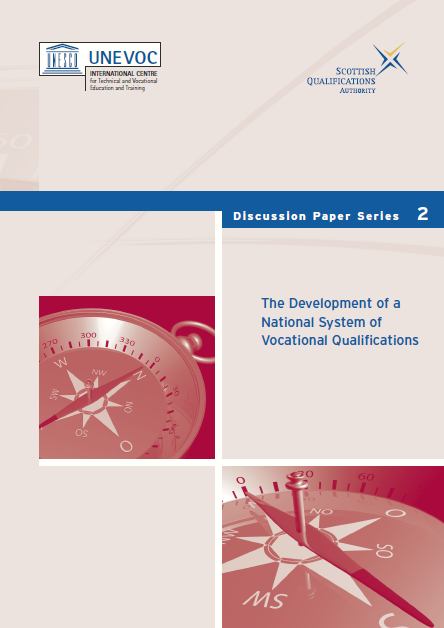
Le Centre International UNESCO-UNEVOC: Qui nous sommes | Ce que nous faisons | Nous rejoindre | Nous contacter
Le Réseau UNEVOC: En savoir plus sur le Réseau | Répertoire du Réseau UNEVOC
Espace Membres: Tableau de bord du Centre UNEVOC
Domaines thématiques: Inclusion et jeunes | Innovation et avenir de l'EFTP | Engagement du secteur privé | Les ODD et l'écologisation de l'EFTP
Nos programmes et projets clés: BILT: Connecter innovation et apprentissage | Renforcer la résilience de l’EFTP | Programme pour le leadership en EFTP | Journée mondiale des compétences des jeunes
Activités passées: Réponse COVID-19 | i-hubs: Former des pôles d'innovation | Forums mondiaux de l'EFTP | Conférences virtuelles | YEM Portail de connaissances
Nos services et ressources: Publications | Forum TVET | Profils nationaux d'EFTP | Glossaire TVETipedia | Pratiques prometteuses | Toolkits for TVET Providers | Formation à l’entrepreneuriat
Journal et événements: Grandes Manifestations EFTP | Journal UNEVOC

| Author/s: | Scottish Qualifications Authority |
| Éditeur: | UNESCO-UNEVOC International Centre for Technical and Vocational Education and Training |
| Publié: | 2006 in Bonn, Germany |
| ISSN: | 1817-0374(1-1) |
| ULC: | UNEVOC Library Catalogue ID 4221 |
The National System for Qualifications and Vocational Educational and Training (SNCFP) consists of instruments and actions which are necessary to promote and develop the integration of vocational education and training through the National Catalogue of Professional Qualifications. Besides, it aims at promoting and developing the assessment and accreditation of professional competences in order to encourage the professional and social development of the people and to meet the needs of the productive system.
Its basic principles are the following:
•The personal development when exercising the right to work and to choose freely a work or job.
•To meet the needs of the productive system and of employment on a lifelong basis.
•The equal access of all citizens to the different modalities of vocational education and training.
•The participation and cooperation of social agents with public authorities.
•To adapt the training and qualifications to European Union standards.
•The participation and cooperation among the different Public Administrations.
•The promotion of the economic development taking into account the regional needs regarding the productive system.
The development of the National System for Qualifications and Vocational Education and Training promotes the collaboration of Social Agents with Public Administrations, universities, chambers of commerce and educative entities.
Procedures of collaboration and consultation with the different productive sectors and the social partners have been established in order to identify and update the needs for qualifications, as well as their definition and the definition of the associated learning.